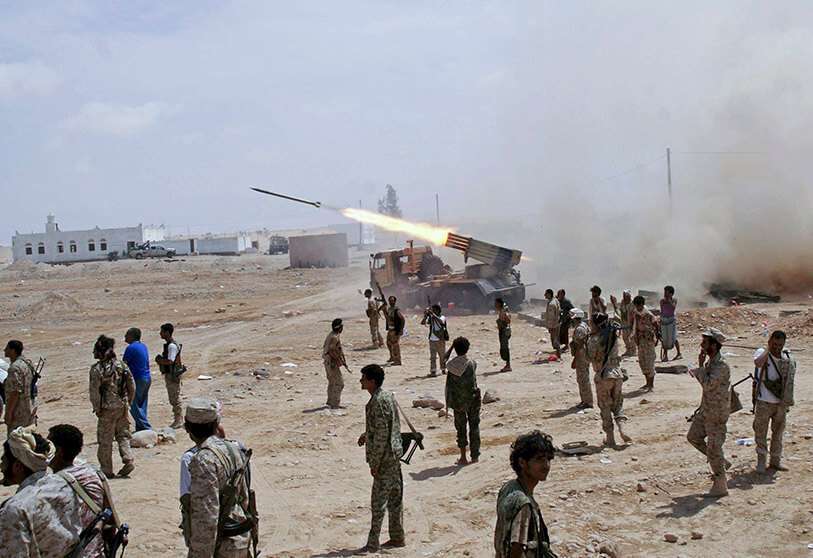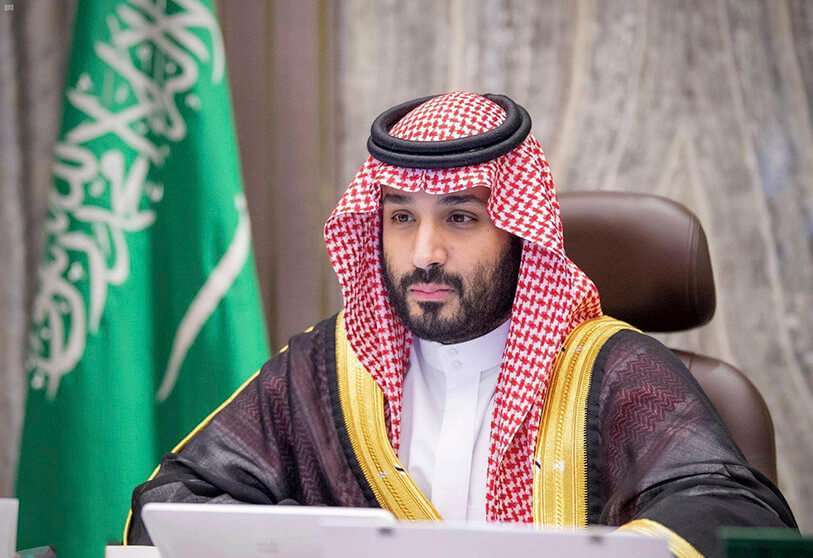Al Qaeda in the Arabian Peninsula leader arrested in Yemen

Khalid Batarfi, the leader of al-Qaeda in the Arabian Peninsula for the past year, was arrested last October in Yemen during an operation. The operation took place in the city of Ghayda, in the Yemeni region of Al-Mahra, during which the organisation's second in command, Saad Atef Al Awlaqi, was killed.
This information has been presented to the Security Council in a report by a UN team. However, no further details of the operation in Yemen are known, nor is the current whereabouts of the leader of the terrorist organisation. Batarfi eventually spent several months under arrest.

Already in October, the SITE Intelligence Group pointed to the possible arrest of Batarfi by Yemeni forces, information that is now confirmed by the United Nations. SITE Intelligence Group also alluded to Batarfi's claim to leadership of AQAP, in which he indicated that no leader should be taken alive, but should fall as a martyr.
Khalid Batarfi, a Saudi by birth, has been associated with Al Qaeda since before the 2001 attacks, first in Afghanistan, where he was trained, and later in Yemen. He became head of AQAP just over a year ago, following the death of his predecessor, Qassim al-Rimi, in a US airstrike, also in Yemen. This would therefore be the first live arrest of a leader of the terrorist organisation, a not insignificant development.
The arrest of Batarfi and the death of al-Rimi is greatly weakening al-Qaeda's capabilities in the region, as Batarfi was one of its main ideologues. The same report details that AQAP is suffering a major erosion in its ranks, due to internal problems and defections, compounded by the success of several military operations.

The new US president has confirmed what he had already hinted at in recent weeks. The United States will change its approach to the situation in Yemen and withdraw support for the offensive that countries such as Saudi Arabia are carrying out against the Houthi rebels, who control part of the territory, including the capital, Sana'a.
Antony Blinken, the US Secretary of State, has already suspended the sanctions imposed at the last minute on the Houthis by the previous administration of Donald Trump. This was applauded by humanitarian organisations, which saw the sanctions as a complication for the proper development of humanitarian work, which is essential in what is considered the worst crisis in the world.

Joe Biden said the war in Yemen "must end" as it has been a "human catastrophe". Biden has appointed Timothy Lenderking as his special envoy for Yemen, with a commitment to work closely with the UN and the parties to the conflict to stabilise the country.
It is Biden's first speech as president in which he elaborates on what US foreign policy will be. With regard to Yemen, in addition to the suspension of sanctions and the end of support for the offensive led by Saudi Arabia, he will evaluate the removal of the Houthis from the list of terrorist organisations, in the same way that he is studying the recent sale of arms to countries such as Saudi Arabia and the Emirates, something that could be a wake-up call to Riyadh regarding its actions in the neighbouring country.
Nevertheless, Biden has been categorical: he will continue to support Saudi Arabia in the fight against terrorism, especially in the face of the attacks the country is suffering with drones and missiles of presumably Iranian origin. He has also announced that pressure on AQAP will continue until the organisation is eliminated, as it did with its former leader, Al-Rimi.

Following the US president's remarks, the Saudi News Agency has reaffirmed its support for a political solution to the Yemeni conflict, siding with the US and joining the diplomatic effort. Riyadh has been the architect of the new Yemeni government, which includes members of one of the rebel groups, supported by the United Arab Emirates, but which remains in direct opposition to the Iranian-backed Houthis.
Saudi Arabia has also welcomed the US commitment to the security of the country, which faces sporadic attacks from Yemeni territory, including missile strikes and the use of drones to attack strategic Saudi enclaves. These include an attack on one of the country's most important oil plants, causing a significant drop in production.








